OF THE
TIMES
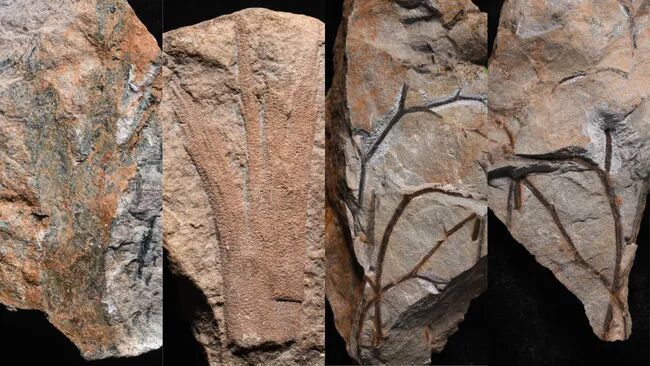

The reptile was clearly very well adapted to an oceanic lifestyle, as indicated by the flippered limbs and exquisitely preserved fishes in its stomach region. Despite superficial similarities, Dinocephalosaurus was not closely related to the famous long-necked plesiosaurs that only evolved around 40 million years later and which inspired the myth of the Loch Ness Monster. The fossils were discovered in Guizhou Province, southern China.
[...]
The paper describing the animal is published in full in the academic journal Earth and Environmental Science: Transactions of the Royal Society of Edinburgh - forming the entirety of the latest volume.
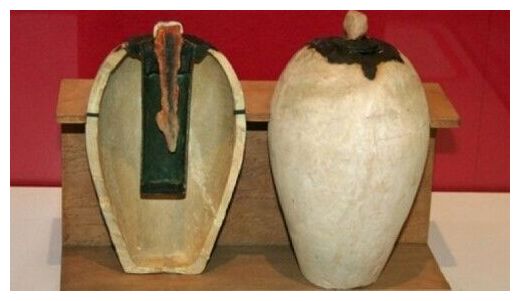
Map of the Parthian Empire in 44 BCE to 138 CE (Picture source: Farrokh, page 155, Shadows in the Desert: Ancient Persia at War-Персы: Армия великих царей-سایه های صحرا-). For more on the Parthians see ... "The Parthian Era"Technology certainly continued to evolve during Parthian rule. A dramatic discovery of a tomb by German Archaeologist Wilhelm Konig at Khujut Rabu (near modern Baghdad in Iraq) in 1936 found two near intact jars dated to the Parthian dynasty (approx. 250 BCE-224 CE) which are possibly (as this is debated) the world's oldest batteries.
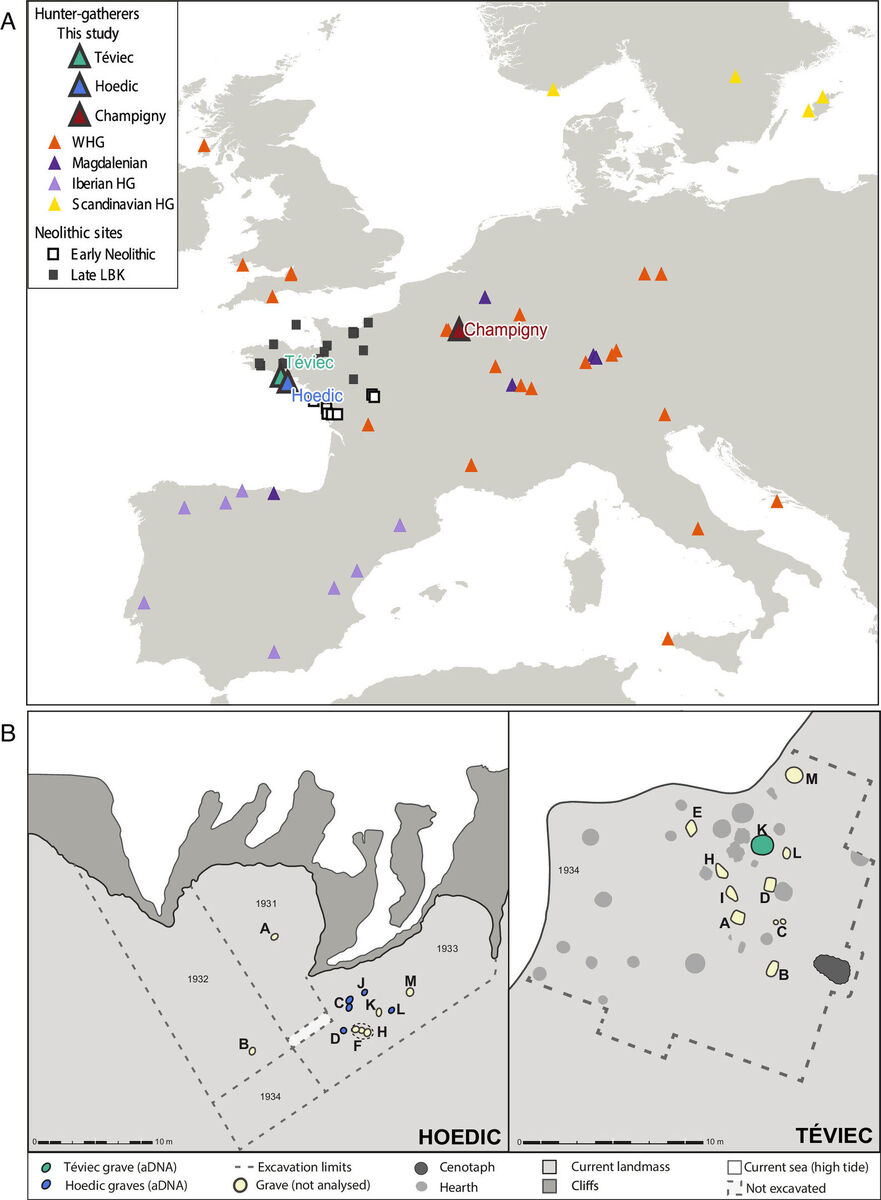
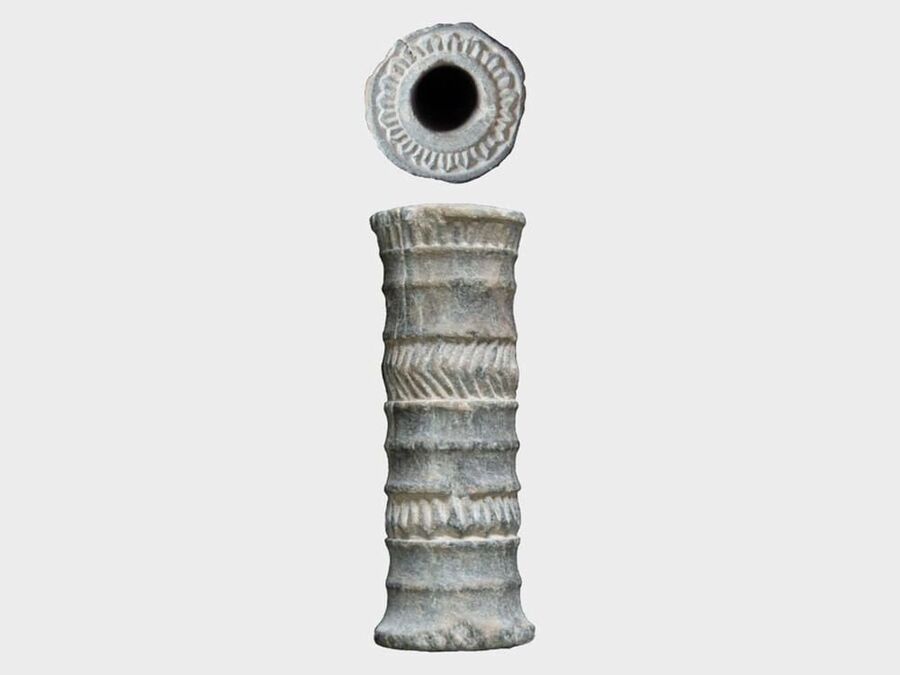
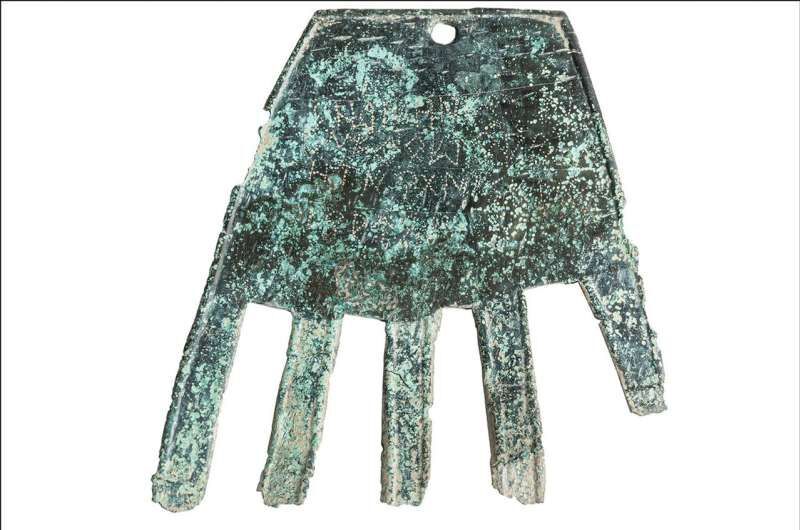
'a palm-shaped amulet popular throughout North Africa and in the Middle East and commonly used in jewellery and wall hangings.[5][6] Depicting the open hand, an image recognized and used as a sign of protection in many times throughout history, the hamsa has been traditionally believed to provide defense against the evil eye.[...]Regarding Ishtar, in The Seven Destructive Earth Passes of Comet Venus, Pierre Lescaudron highlights the parallels between the goddess and cometary Venus:
Early use of the hamsa could be traced to ancient Mesopotamian artifacts in the amulets of the goddess Inanna or Ishtar.
[...] An 8th-century BCE Israelite tomb containing a hamsa-like hand inscription was discovered at Khirbet el-Qom.[6]
Going back to the Middle East, the Mesopotamians paid very special attention to Innana/Ishtar (Venus). It was one of the most venerated deities in the Sumerian pantheon, the most important and widely venerated deity in the Assyrian pantheon.And the shape of the hamsa and hand of Irulegi do appear to resemble some old depictions of comets:
[...]
Not only was Venus described as a comet by numerous ancient mythologies, but it was considered a destructive one, as depicted in the prayer of lamentation to Ishtar: [...]
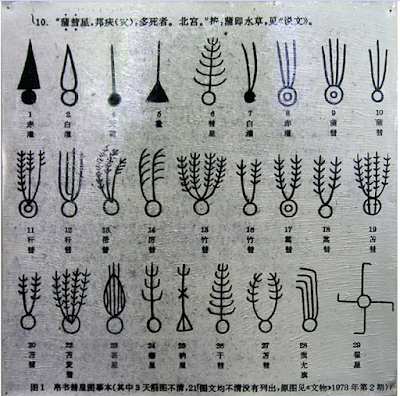
Comment: As the article mentioned, it is not the only failed social experiment.
In 1941, while Greenland was still under Danish colonial rule, the Danish authorities 'gave' the US permission to military bases on Greenland which has had the potential to put the people of Greenland in the crosshairs if a nuclear conflict would erupt.
In 1968, a US bomber with 4 nuclear weapons crashed in Greenland causing a nuclear fall out. This was despite Denmark's claim to be a nuclear free zone and something which the US had no interest in honoring. The case was covered up but caused a scandal when it broke in 1995.
According to Wikipedia, Greenland is an autonomous territory of the Kingdom of Denmark and all the citizens of Greenland are also full citizens of Denmark. The population is just over 56000 of which 89.5% are Inuit. Greenland has 2 members in the Danish Parliament.